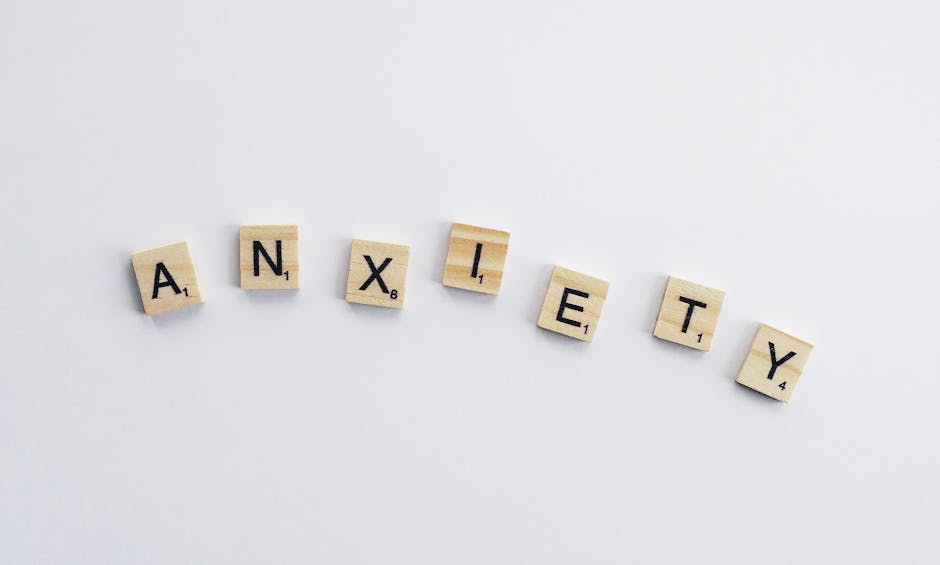
Anxiety is a natural human emotion that everyone experiences at some point. It's characterized by feelings of worry, nervousness, or unease, typically about an event or something with an uncertain outcome. In its mild form, anxiety can be a helpful emotion, prompting us to be more alert, prepare for challenges, or recognize potential dangers. For instance, feeling anxious before an exam might motivate you to study harder, or a touch of anxiety about a presentation could encourage thorough preparation.
However, when anxiety becomes persistent, overwhelming, and interferes with daily life, it can escalate into an anxiety disorder. These disorders are serious mental health conditions that cause excessive fear, worry, and nervousness, often without an apparent trigger or in disproportion to the actual threat. There are several types of anxiety disorders, including Generalized Anxiety Disorder (GAD), Panic Disorder, Social Anxiety Disorder, and specific phobias, each with its own distinct characteristics and challenges.
Common Manifestations of Anxiety
The experience of anxiety can manifest in various ways, affecting both the mind and the body. Mentally, individuals might experience excessive worry, a sense of dread, difficulty concentrating, irritability, or feeling on edge. Physically, symptoms can include a racing heart, shortness of breath, sweating, trembling, muscle tension, stomach upset, dizziness, and sleep disturbances.
It's important to recognize that these physical sensations are a result of the body's 'fight or flight' response being activated. When the brain perceives a threat, it releases stress hormones like adrenaline and cortisol, preparing the body to either confront or escape the danger. While this response is crucial in genuinely dangerous situations, in anxiety disorders, it can be triggered by non-threatening events, leading to a state of chronic activation and discomfort.
Strategies for Managing Anxiety
Managing anxiety often involves a combination of strategies. For mild or situational anxiety, lifestyle adjustments can be highly effective. Regular physical activity, a balanced diet, sufficient sleep, and limiting caffeine and alcohol intake can significantly improve mood and reduce anxiety levels. Mindfulness and relaxation techniques, such as deep breathing exercises, meditation, and yoga, can help calm the nervous system and bring a sense of peace.
Engaging in hobbies, spending time in nature, and maintaining strong social connections also contribute positively to mental well-being. Practicing self-compassion and setting realistic expectations for oneself can alleviate pressure and reduce stress. If anxiety is severe or persistent, seeking professional help is crucial. Therapy, particularly Cognitive Behavioral Therapy (CBT), can provide tools and strategies to challenge anxious thoughts and change unhelpful behaviors. In some cases, medication may be recommended to help manage symptoms. Remember, understanding anxiety is the first step towards managing it effectively and leading a more fulfilling life.
ADVERTISEMENT

#RLX #APLGO #CalmMind #StressRelief #Focus #MentalClarity #Wellness #NaturalSupport
Feel calm, remain focused, and achieve mental clarity with RLX! Infused with nourishing botanicals like Siberian Ginseng, Chamomile, and Ashwagandha, these powerful Acumullit SA® lozenge drops support normal relaxation, enhance focus, and help maintain emotional well-being, even during stressful moments. Experience a healthy stress response and mental calmness with RLX.

Back to Table of Contents